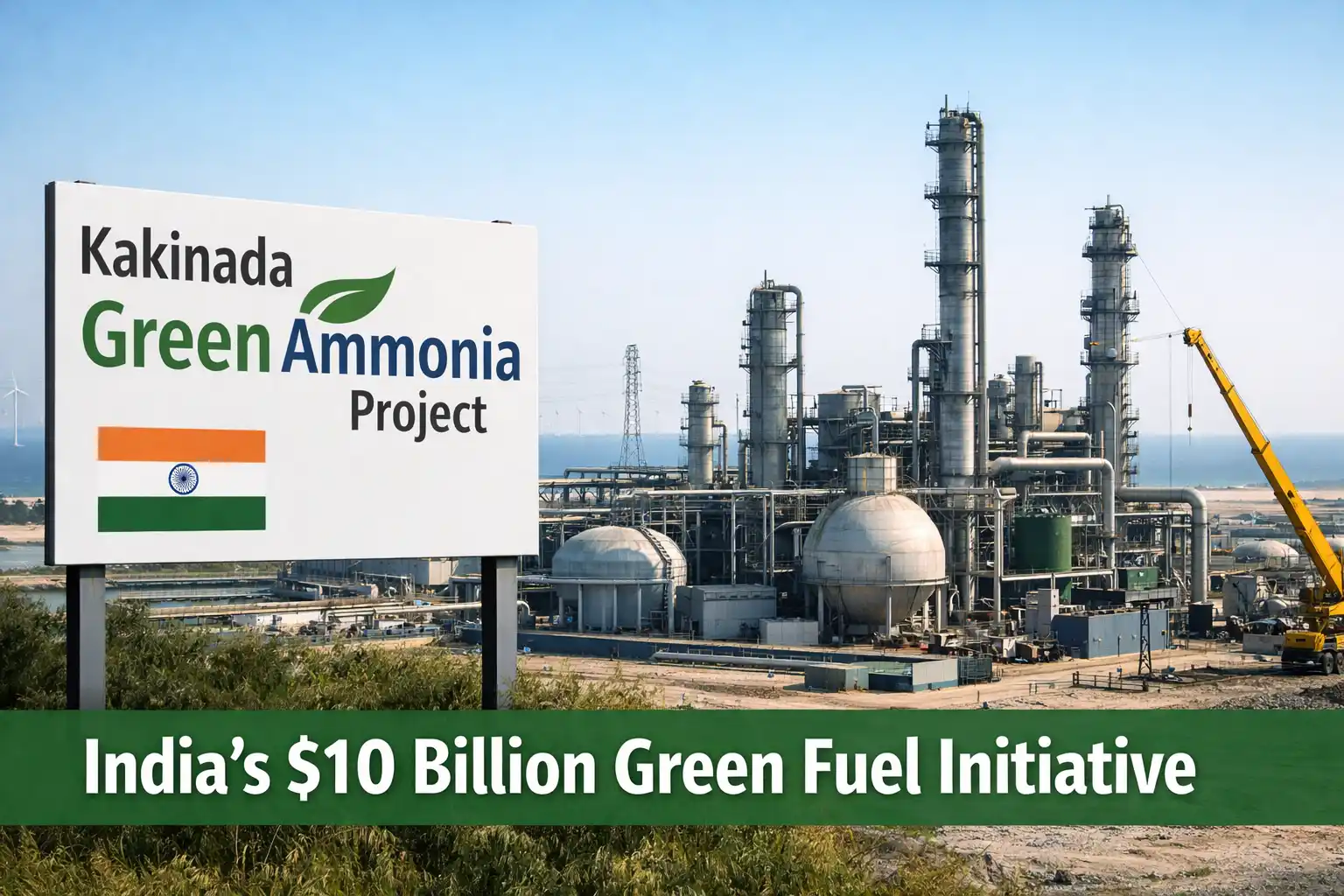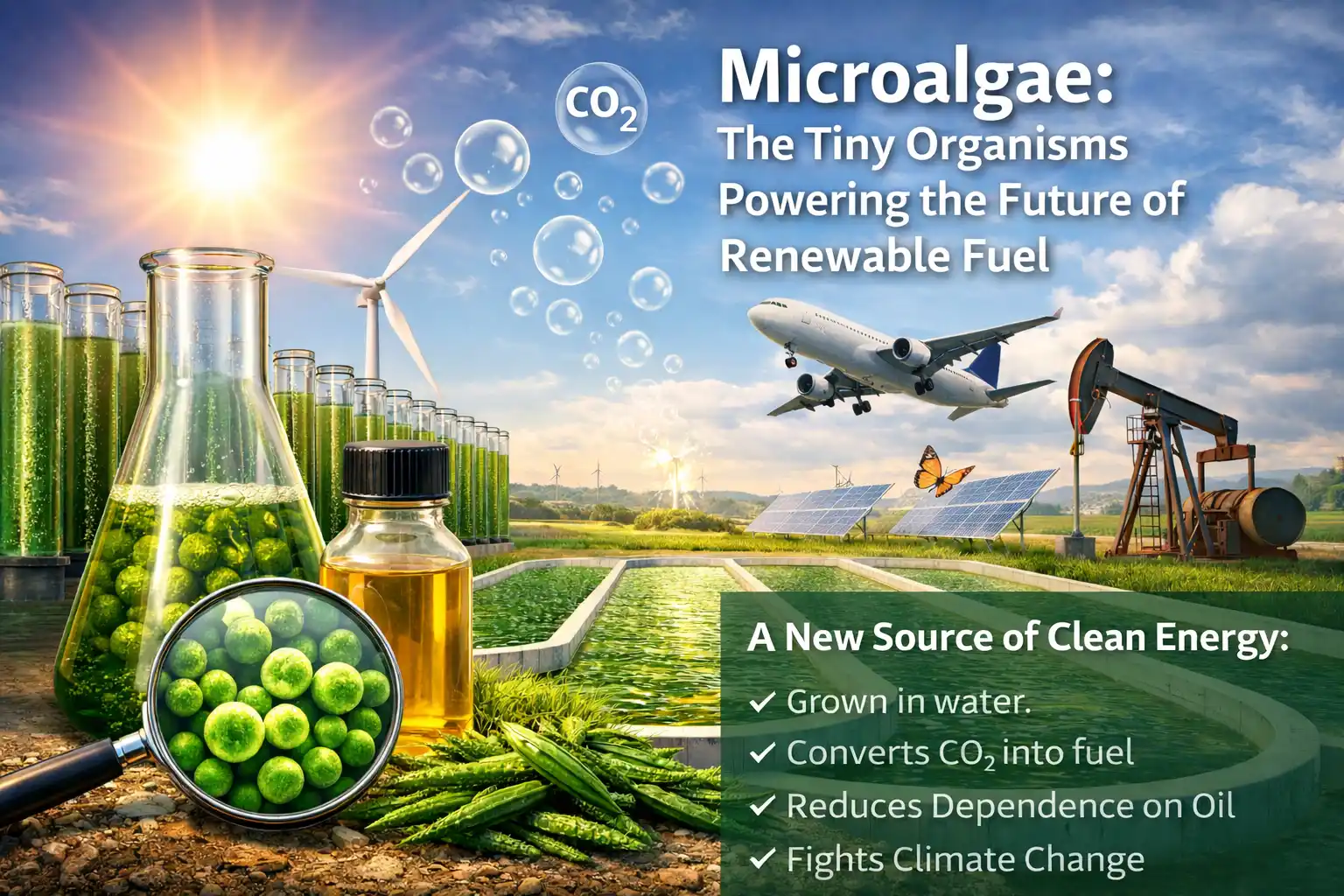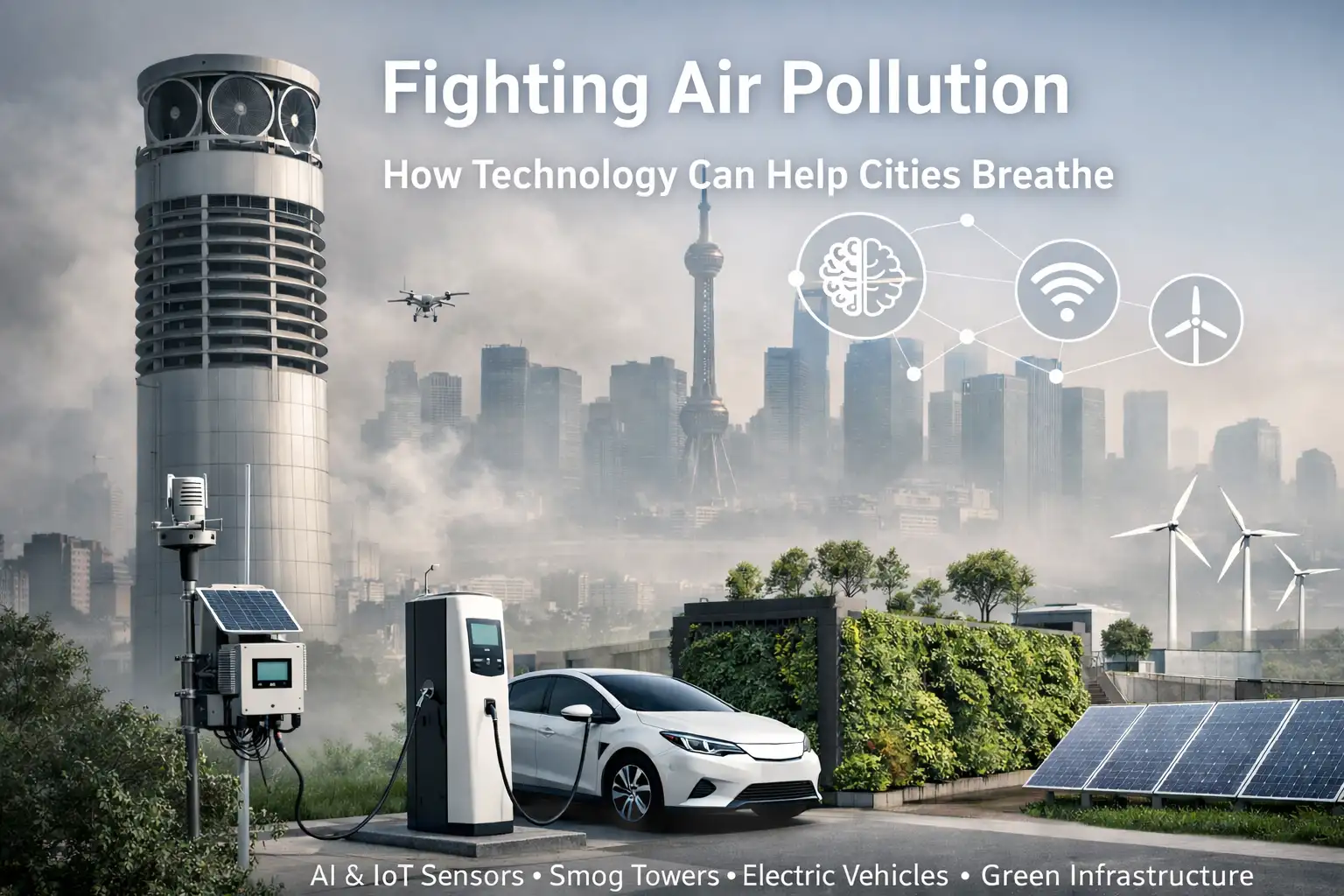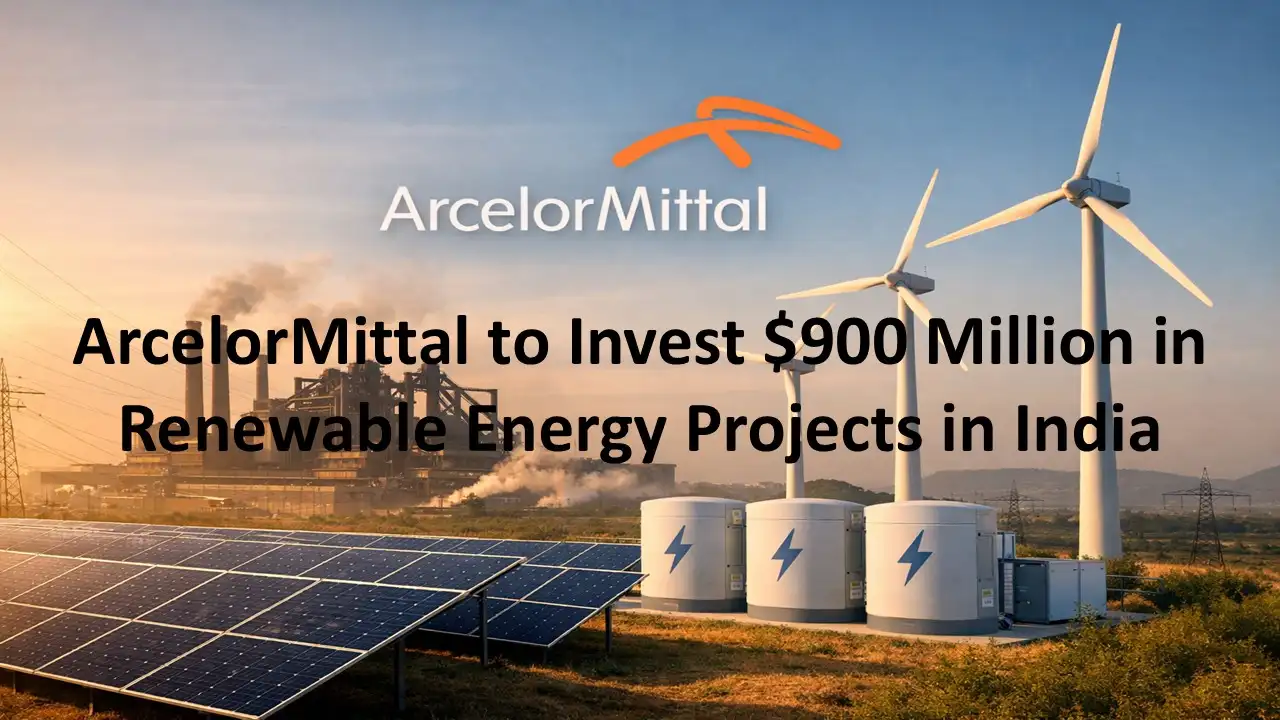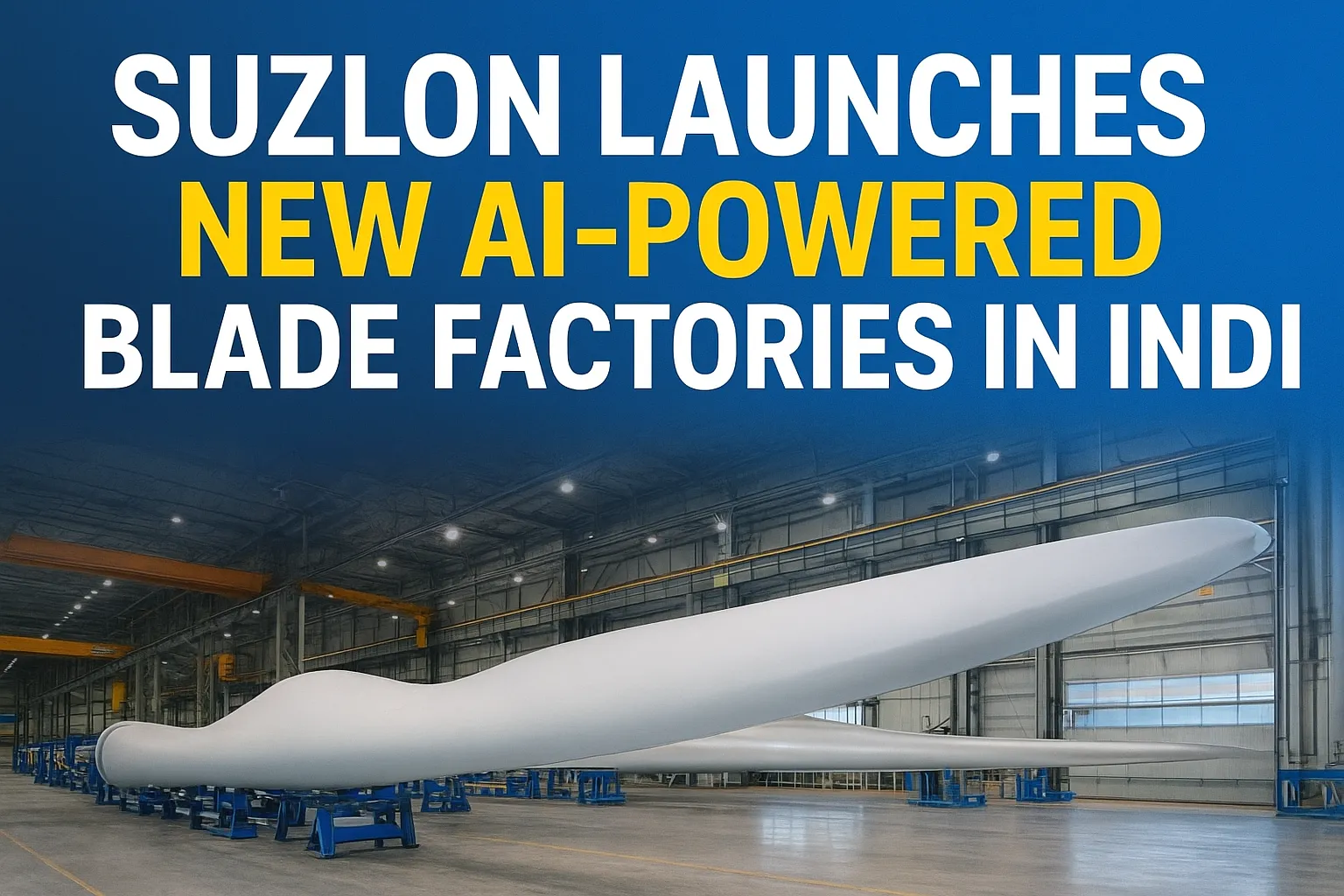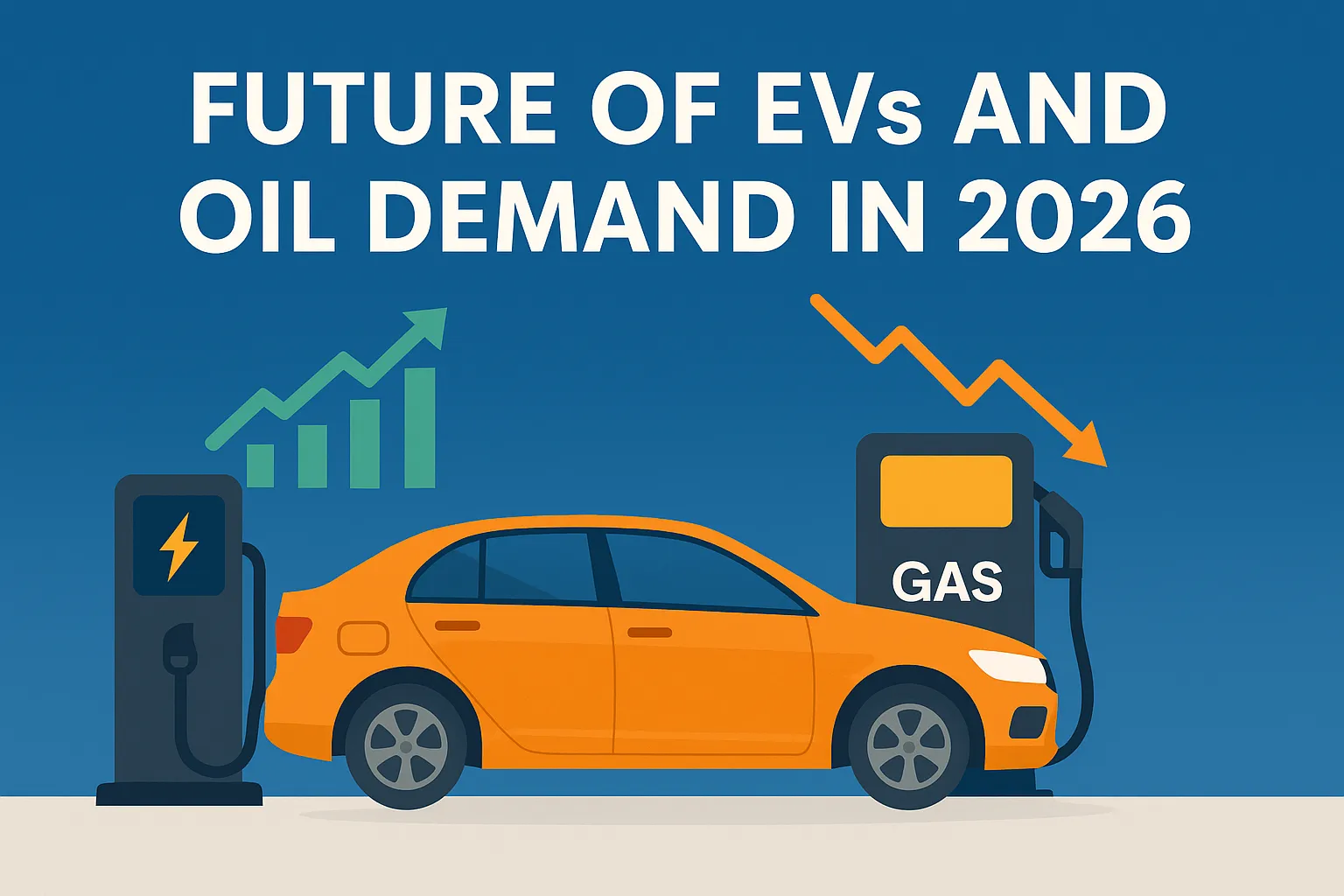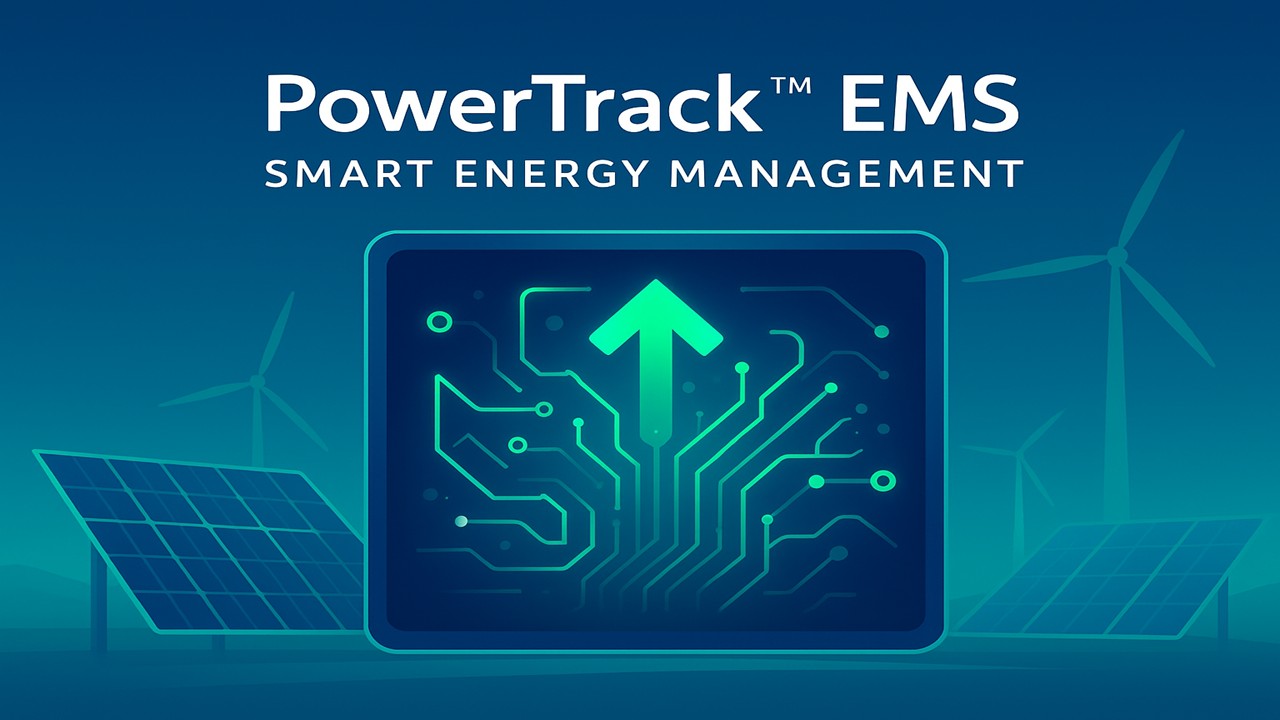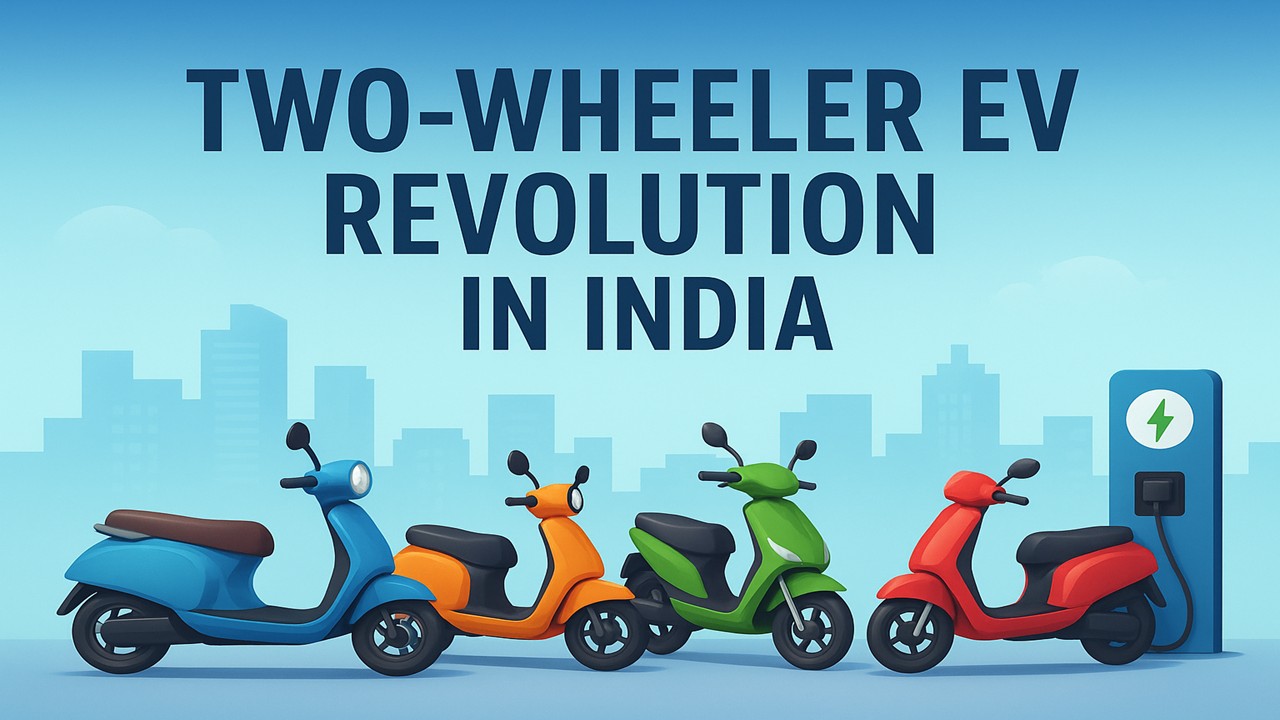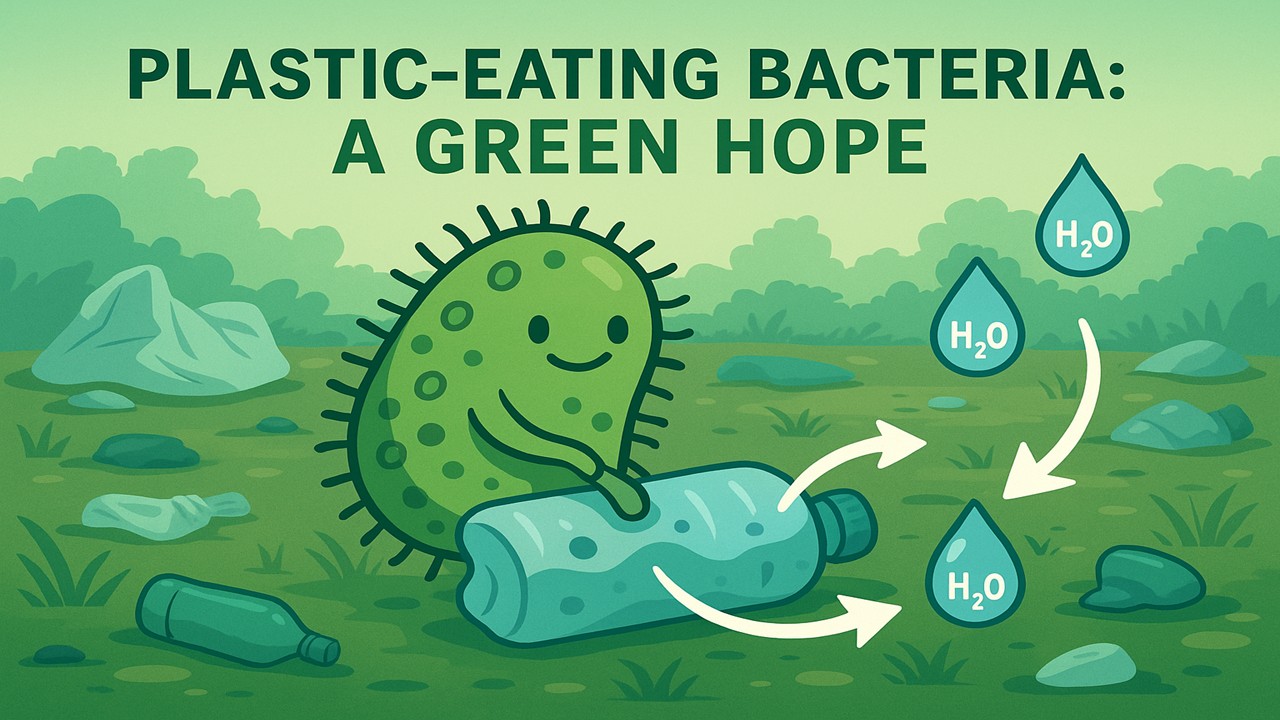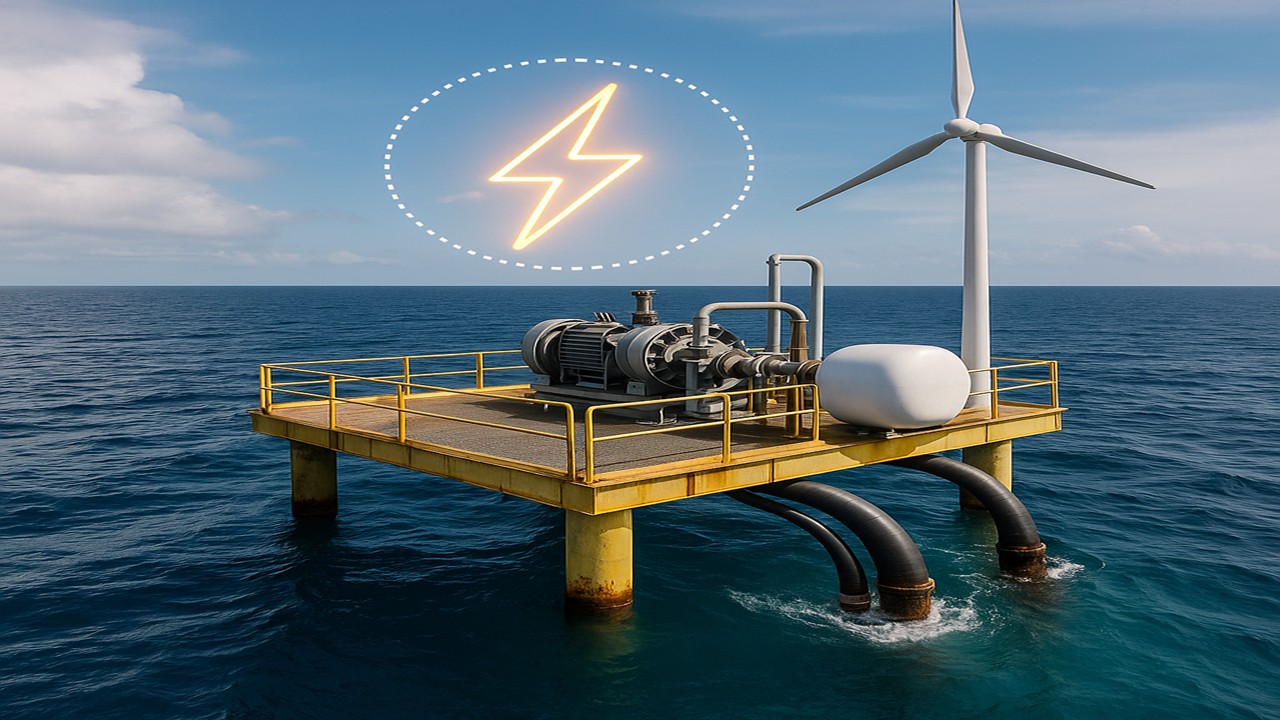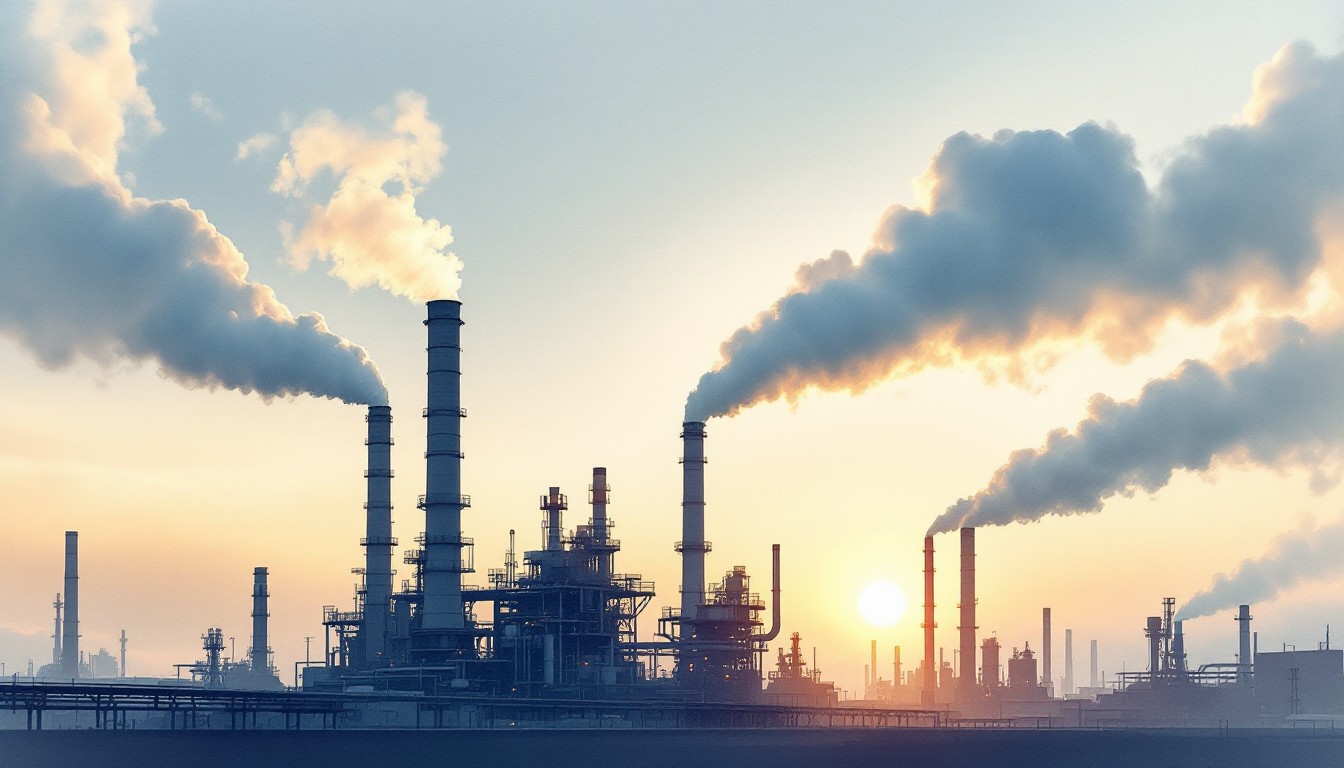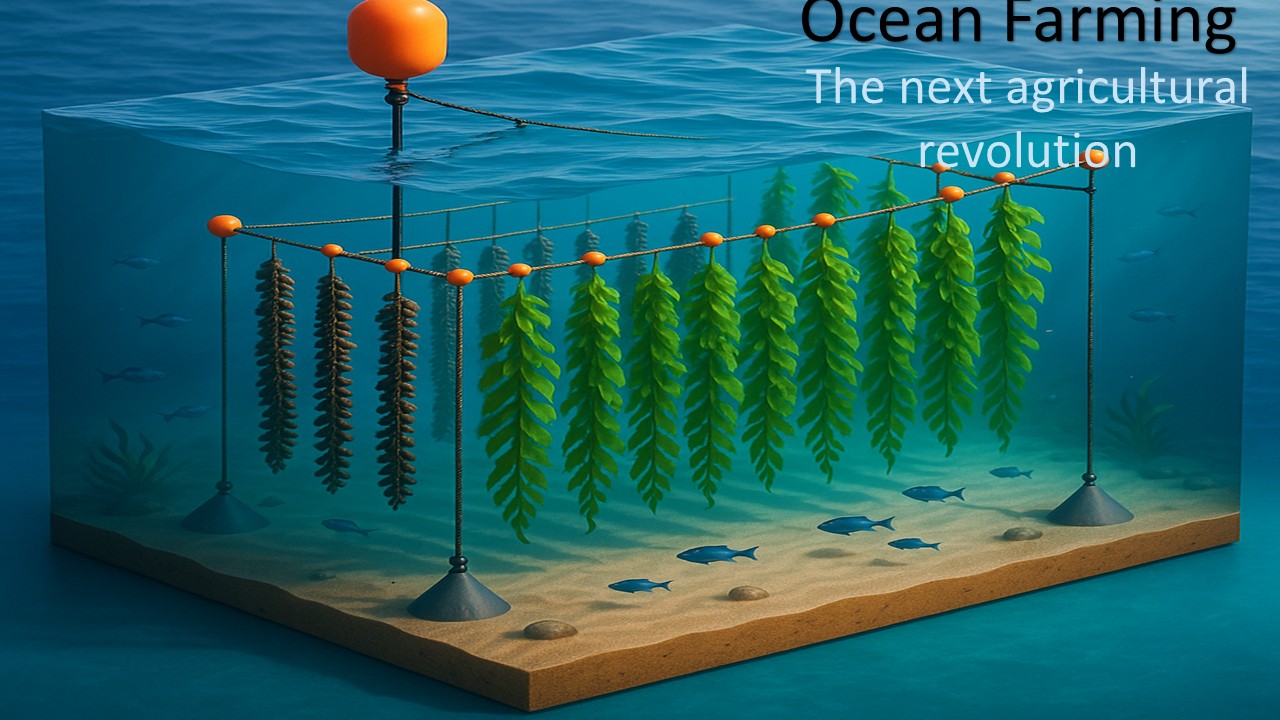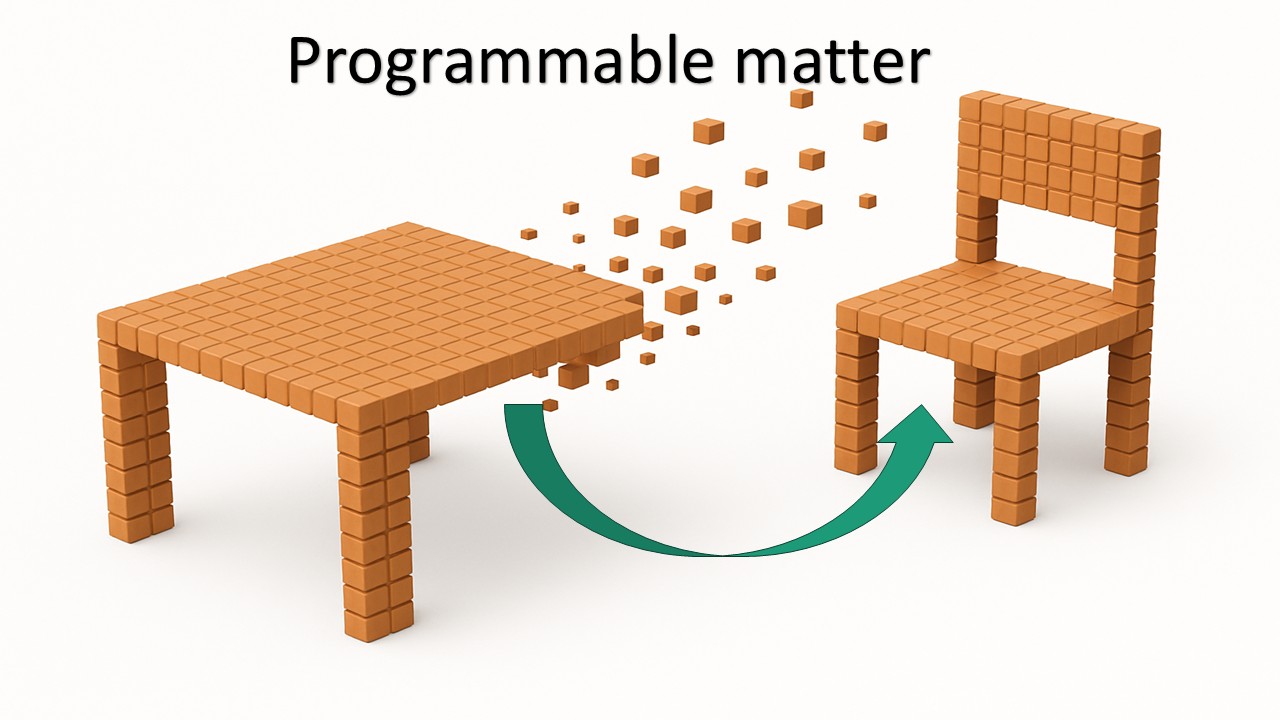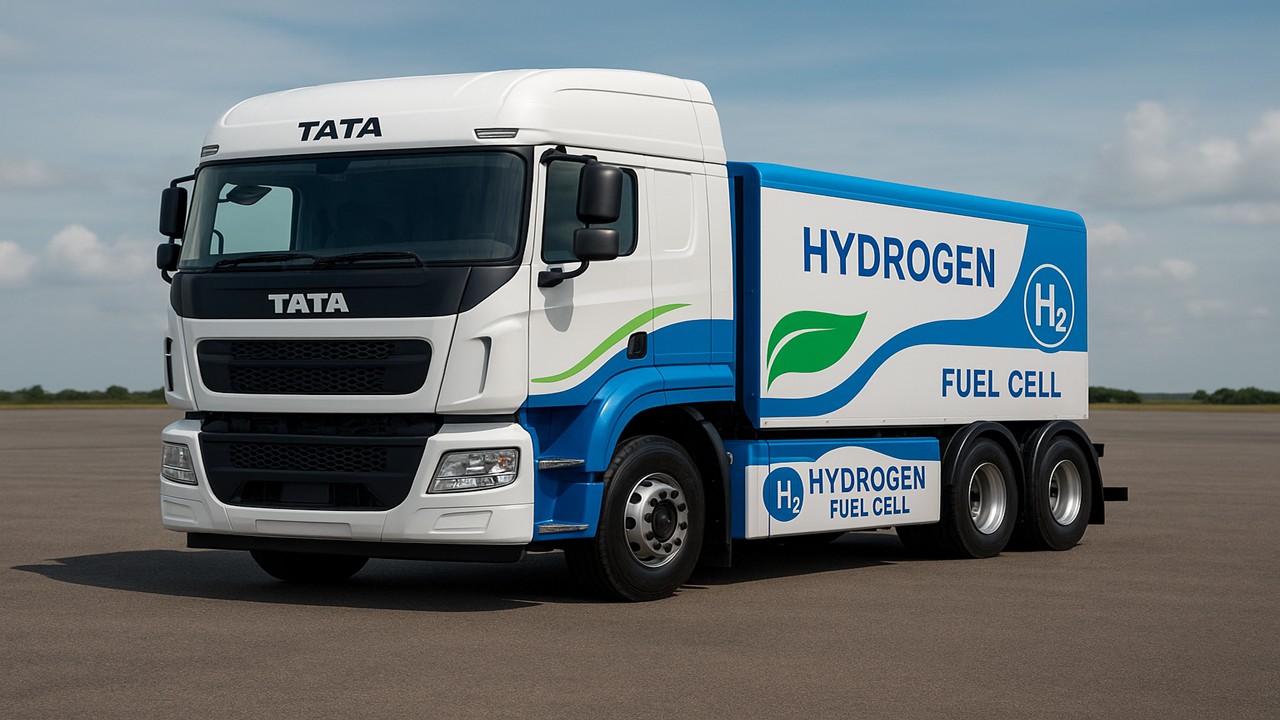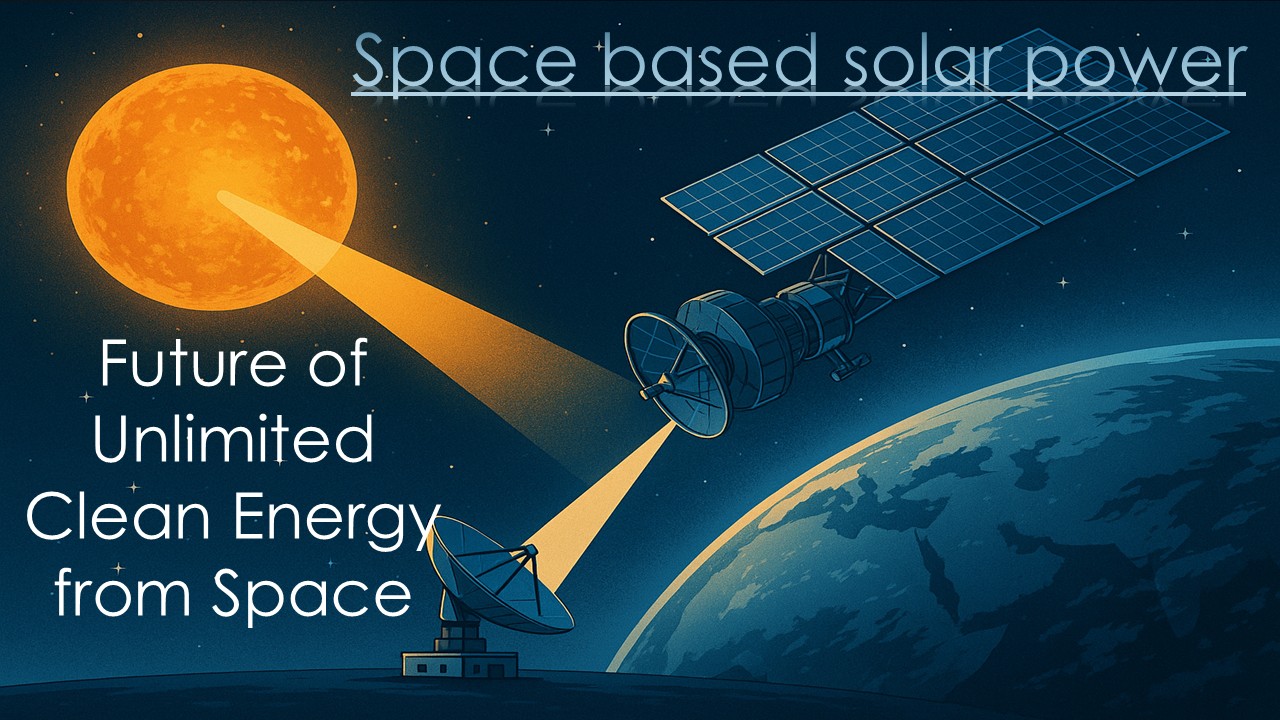
हिंदी में पढ़ने के लिए मेनू बार से हिंदी भाषा चुनें।
Imagine a future where your household trash, plastic floating in the oceans, and rotting organic waste in landfills are transformed into valuable fuel. Sounds too good to be true? Yet, science and technology are making this dream a reality. Waste-to-Fuel technology is not just a solution to the waste crisis but also a game-changer for sustainable energy.
How Does Waste-to-Fuel Technology Work?
At the heart of this revolutionary concept are advanced processes that convert waste into usable fuels. Let’s dive deeper into these methods:
- Pyrolysis:
- In this process, plastic and organic waste are heated to high temperatures (300-500°C) without oxygen.
- The waste is broken down into liquid fuel (diesel or petrol), gas, and solid residues.
- Pyrolysis is one of the most efficient methods currently in use.
- Gasification:
- Waste is heated to 800-1200°C in a controlled oxygen environment.
- This produces syngas (a mix of hydrogen and carbon monoxide), which can be used to generate electricity or create liquid fuels.
- Catalytic Conversion:
- Using special catalysts, plastic waste is directly converted into petroleum-based products like diesel and naphtha.
- This is a faster and more energy-efficient process.
- Anaerobic Digestion:
- Organic waste is decomposed by microorganisms in the absence of oxygen.
- This process generates biogas (rich in methane), which can be used for cooking or electricity production.
These techniques are the building blocks of a cleaner and greener future.
What Would Be the Global Impact of This Technology?
If successfully implemented on a global scale, Waste-to-Fuel technology could have far-reaching implications:
- Environmental Benefits:
- Significant reduction in the volume of waste ending up in landfills and oceans.
- Less plastic pollution, saving marine life and ecosystems.
- Energy Sustainability:
- Reduced reliance on traditional energy sources like coal and oil.
- Developing nations could gain access to affordable, renewable energy.
- Lower Carbon Emissions:
- Waste conversion emits far fewer greenhouse gases compared to waste incineration.
- Helps combat global warming effectively.
- Economic Growth:
- Creation of new industries and job opportunities in waste management and fuel production.
- Boost for the renewable energy sector, attracting investment worldwide.
Which Companies Are Leading This Research?
Several companies are pioneering efforts in Waste-to-Fuel technology, and they present excellent investment opportunities:
- Brightmark (USA):
- Focused on converting plastic waste into diesel and jet fuel using pyrolysis.
- Expanding operations in the U.S. and globally.
- Plastic Energy (UK):
- Known for its Thermal Anaerobic Conversion technology, producing valuable fuels from plastic waste.
- Enerkem (Canada):
- Specializes in turning municipal waste into ethanol and methanol.
- Rapidly scaling its technology across North America.
- Fulcrum BioEnergy (USA):
- Produces sustainable aviation fuel (SAF) from municipal waste.
- Attracting major investments from airlines and green energy funds.
- Indian Oil Corporation (India):
- Actively developing biofuel projects and exploring waste-to-energy initiatives in India.
- BASF (Germany):
- Innovating with its ChemCycling technology to convert waste into chemicals and fuels.
- Renewlogy (USA):
- Focuses on scalable solutions for converting plastic into energy and fuel.
When Can We Expect This Technology to Succeed?
The timeline for large-scale success depends on overcoming key challenges:
- Technological Advancements:
- While the processes are promising, making them cost-effective could take another 5-10 years.
- Government Support:
- With subsidies and clear policies, countries could accelerate adoption by 2025-2030.
- Infrastructure Development:
- Setting up large-scale plants and waste collection systems may take 7-10 years globally.
By 2030, we could see small-scale success in developed nations, and by 2040, Waste-to-Fuel could be a mainstream energy source.
A Revolution Worth Waiting For
Waste-to-Fuel technology offers a win-win solution—cleaning up the planet while generating sustainable energy. It’s a beacon of hope for tackling plastic pollution, reducing greenhouse gas emissions, and creating a circular economy. Companies like Brightmark, Fulcrum BioEnergy, and Indian Oil are positioned to lead this revolution, making them promising investment opportunities.
The transformation of waste into fuel isn’t just a technological breakthrough; it’s a glimpse into a future where nothing goes to waste, and everything has value. Are we ready to embrace this green revolution? The clock is ticking!


